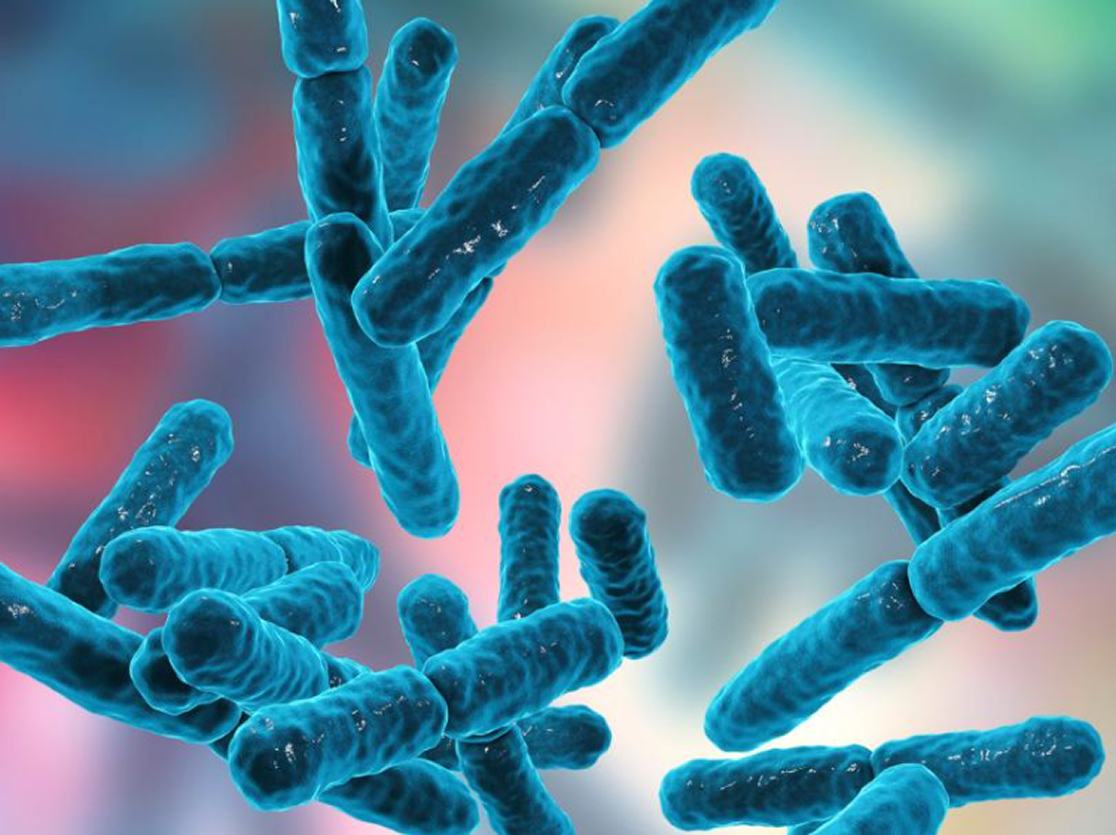Title
Probiotics 101: The Good Bacteria Revolution
Title

You’ve heard the buzz about probiotics—but what are they really?
What Are Probiotics?
How Do Probiotics Work?
Types of Probiotic Strains & Their Benefits
Probiotics and Women’s Health
Do All Probiotics Work the Same?
Choosing the Right Probiotic
Final Thoughts
Citations





